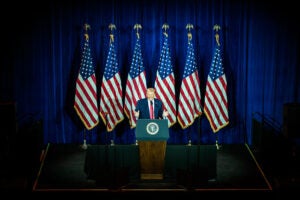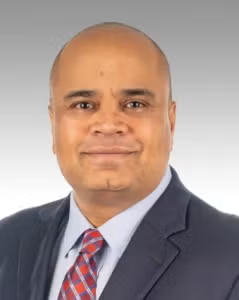
A national commission charged with recommending actionable steps for the near and long-term to strengthen the nation’s cyber security is being advised that cyber security must be a priority for the next presidential administration, the executive director for the Commission on Enhancing National Cybersecurity said on Tuesday.“The new president needs to come in on day one and say, ‘This is a priority and I’m holding the cabinet that I have to be responsible for this issue and figuring out how…

 By
By 











